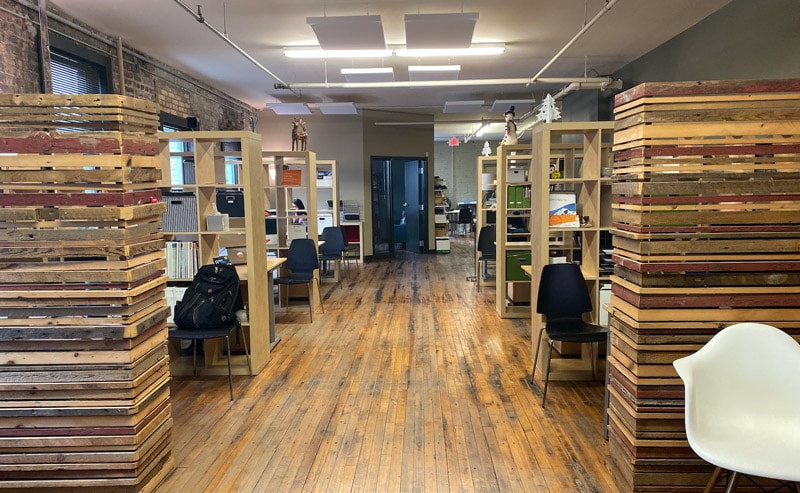Windmill Strategy Founder Kathy Mrozek Featured in USA TODAY
Original Article Credit: Paul Davidson - USA Today

USA TODAY interviewed Windmill Strategy’s President, Kathy Mrozek, on the topic of transitioning away from a physical office to a virtual workforce.
Windmill has maintained a physical office space in Minneapolis for the past 15 years. When the 2020 pandemic hit, already having all of the infrastructure in place to work-from-anywhere and putting it into practice weekly, the Windmill team seamlessly transitioned to working 100% virtually, despite maintaining an office space until the end of our lease. Working virtually has allowed us to attract great talent from outside the immediate area, and increased our productivity and work-life balance. We’re planning twice-yearly retreats and other ways to get people together for team-building and water-cooler talk.
Currently, many businesses are agonizing over changing timelines and expectations on when to bring employees back into the office. According to Gartner, 66% of organizations surveyed are delaying reopening their offices altogether. Many others are also foregoing the office altogether.
In the USA TODAY, Paul Davidson interviews several business owners, including Kathy Mrozek, on their perspectives on foregoing the office altogether, and working virtually vs. in-person. The shift to remote work is described as a transition that had already begun before the pandemic, but 2020 and 2021 greatly sped up its progress, with a Harris Poll survey for USA TODAY showing that as of May 2021, as many as 45% of Americans prefer to work from home full time. The full article covers rising vacancy rates, business owners subleasing space, and downsizing their leased spaces. Below is the excerpt featuring Windmill Strategy and our company principal Kathy Mrozek.
Last fall, Windmill Strategy, a web design company based in Minneapolis decided to permanently shut its 2,500-square-foot office and let its nine full-time employees work from home. But the firm still has been paying the roughly $65,000 a year rental costs until the lease expires in February, says company principal Kathy Mrozek.
“I’ve tried to negotiate out of our lease early but the landlord has no incentive to do so,” she says.
For staffers, working from home means fewer distractions, a better work-life balance and improved working relationships with the six to 12 contractors who were already telecommuting, Mrozek says. She plans to maintain the company’s culture and camaraderie through a couple of annual retreats.
Excerpted from the full article originally published on USA TODAY
With an already national client base, the need for meeting in-person at our office had already began to dwindle prior to the pandemic. We’ve started a practice of twice-yearly in-person retreats, and have built in rituals and pieces of our culture that foster getting to know one another and working well together while working remotely, from anywhere.
We see this move as a way of embracing change and looking toward a future that allows everyone on the team more individual focus time and flexibility, and we look forward to the journey!



